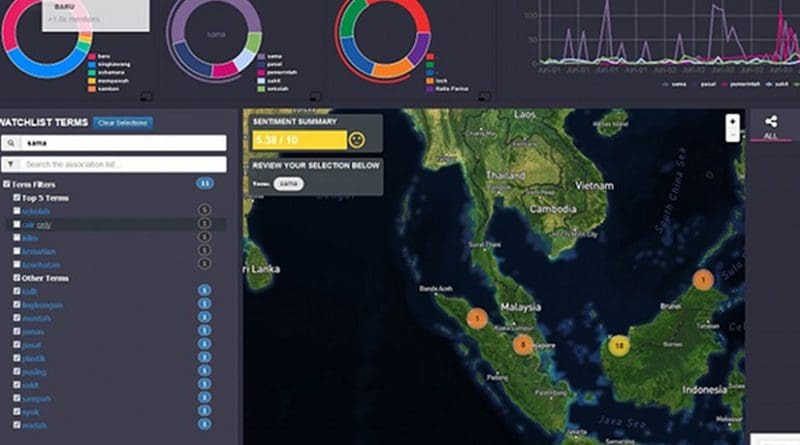‘Hackfest’ Gathers Experts To Develop Data Program To Predict Epidemics
In Umeå, Sweden on June 20–22, international experts on mosquito-borne diseases from WHO and Umeå University and elsewhere met with software developers from Microsoft to further advance early warnings and response systems for mosquito-borne epidemics. The goal of the three-day meetup was to develop a decision-making dashboard solution that helps health organisations to proactively meet the threat of future outbreaks of Zika, Dengue and Chikungunya.
“We have invited public health experts, epidemiologists, climate researchers, programmers and experts on data streaming to further develop an early warnings and response system for outbreaks of viral diseases spread by Aedes mosquitos. By gathering this group of leading experts, we hope to develop an integrated platform and a tailored dashboard,” said Joacim Rocklöv, research leader at the Unit of Epidemiology and Global Health, and the Umeå Centre for Global Health Research at Umeå University.
The objective with the meeting was to create a tool that, by presenting information in an easily comprehensible way, supports and informs decision-makers in healthcare to make the correct decisions on measures, at the right time. The dashboard tool will analyze streaming data on a number of disease transmission indicators based upon social media data, human mobility, weather and climate data, mosquito data and health data. Users of the tool should also be able to adjust algorithms and add datasets depending on variable or place-specific conditions.
“We would like to develop a user-friendly forecasting tool with a dashboard that in an accessible way predict epidemic risk in an area even before an outbreak materializes. Most of all, we’d like the tool to help change measures from being reactive into being proactive. In the long-term, we hope that this kind of forecasting tool can be useful for epidemic risk assessment around other diseases as well,” said Joacim Rocklöv.
At Umeå University, the Umeå Center for Global Health Research, Molecular Infection Medicine Sweden (MIMS) and Umeå Center for Microbial Research (UCMR) were also involved in this cooperation with WHO/TDR and Microsoft.

